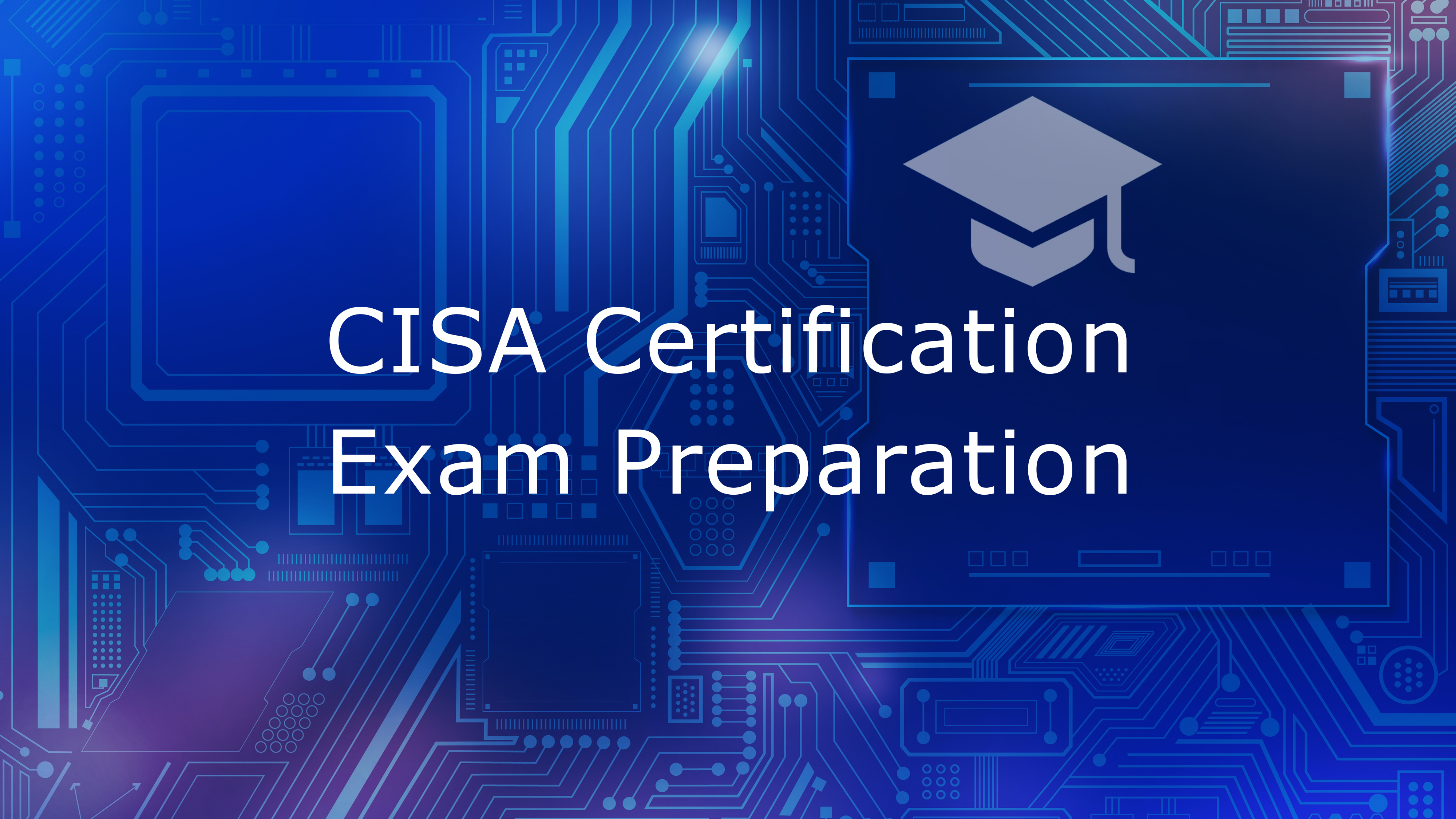Courses in Cybersecurity
This course provides an introduction to essential cybersecurity principles using interactive, real-world scenarios. Learners explore data protection, network and system security, safe online practices, and digital ethics. By completing the course, participants gain practical foundational awareness and are prepared for further cybersecurity training or entry-level roles in the field.
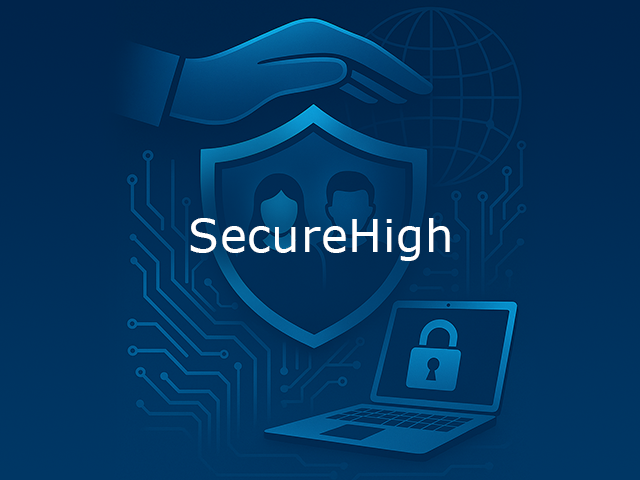
This course provides a comprehensive introduction to modern cybersecurity operations in an era of rapid digital transformation. Learners explore foundational SOC concepts, incident detection and response, threat analysis, and operational workflows that safeguard critical systems supporting business, government, and essential services.
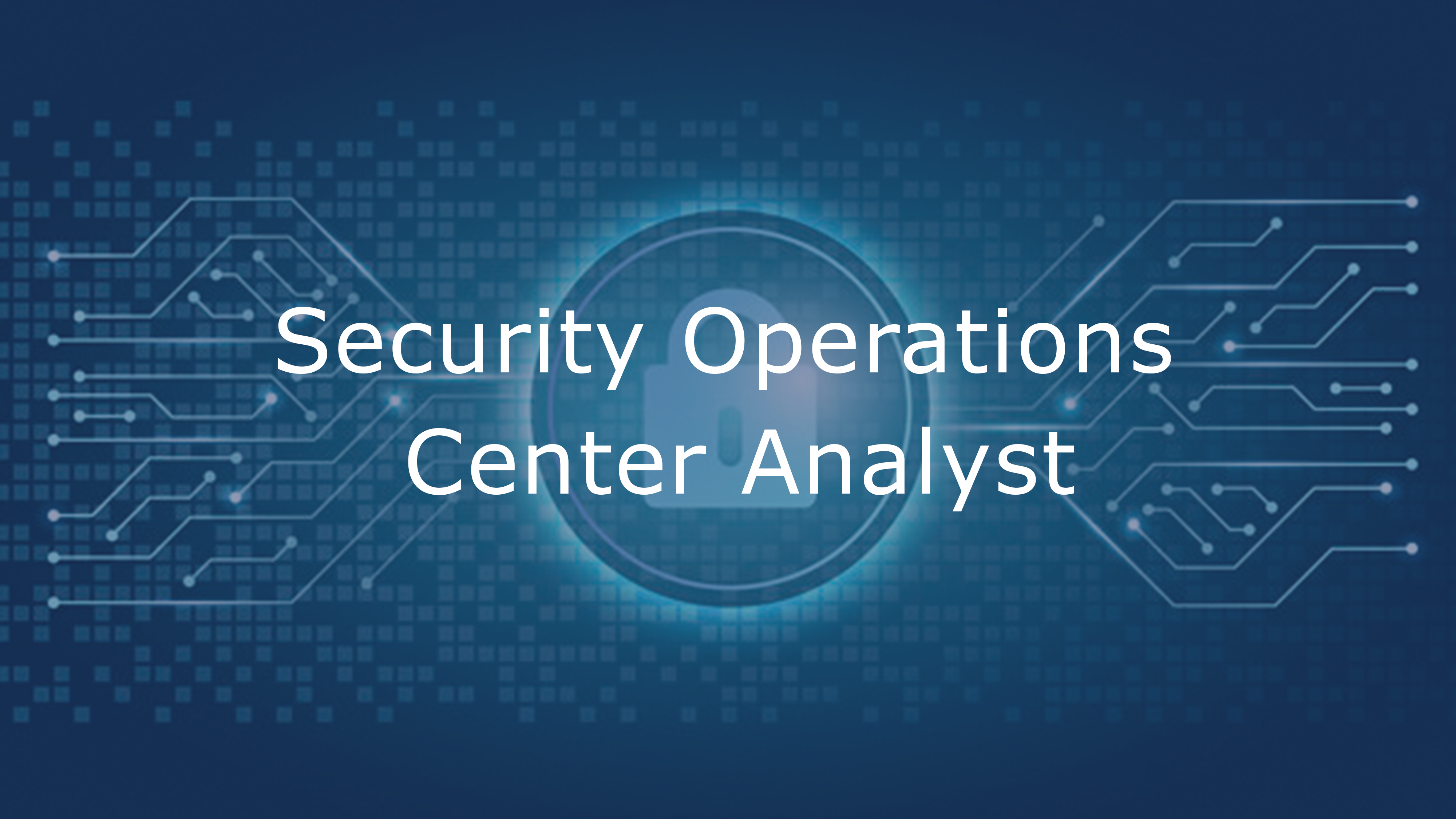
- Teacher: Emmanuel Asante
- Teacher: Fred Cohen
This course introduces core cybersecurity concepts, the risks posed by modern cyber-attacks, and the importance of protecting critical systems. Through key principles and real-world examples, learners gain essential awareness of cybersecurity in today's digital world.
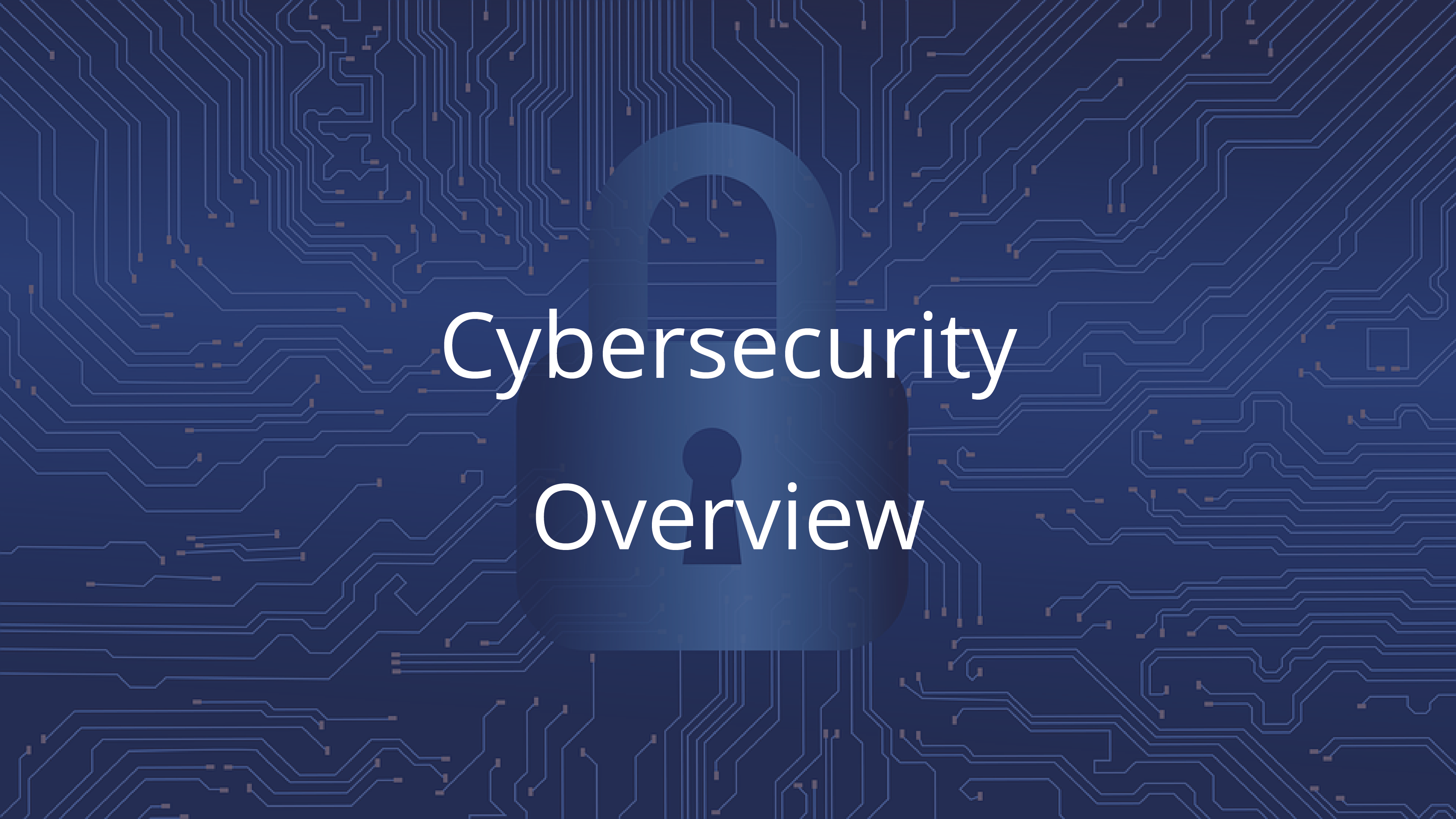
- Teacher: Fred Cohen
This course explores the concepts, frameworks, and decision-making processes involved in establishing practical trust in real-world systems. Learners gain insight into risk management, governance policies, and the design of trust architectures that balance security and usability in complex environments.
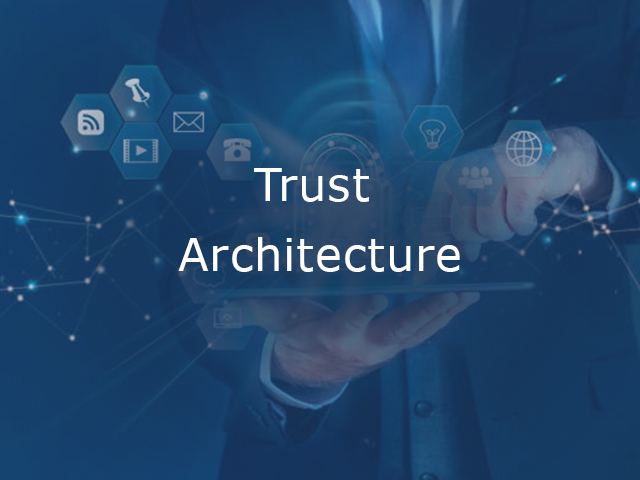
This course examines the principles and practices of IT governance, risk management, and compliance auditing. Learners gain the skills to assess IT controls, evaluate evidence, validate data integrity, and determine whether organizational systems effectively protect assets and support strategic objectives.
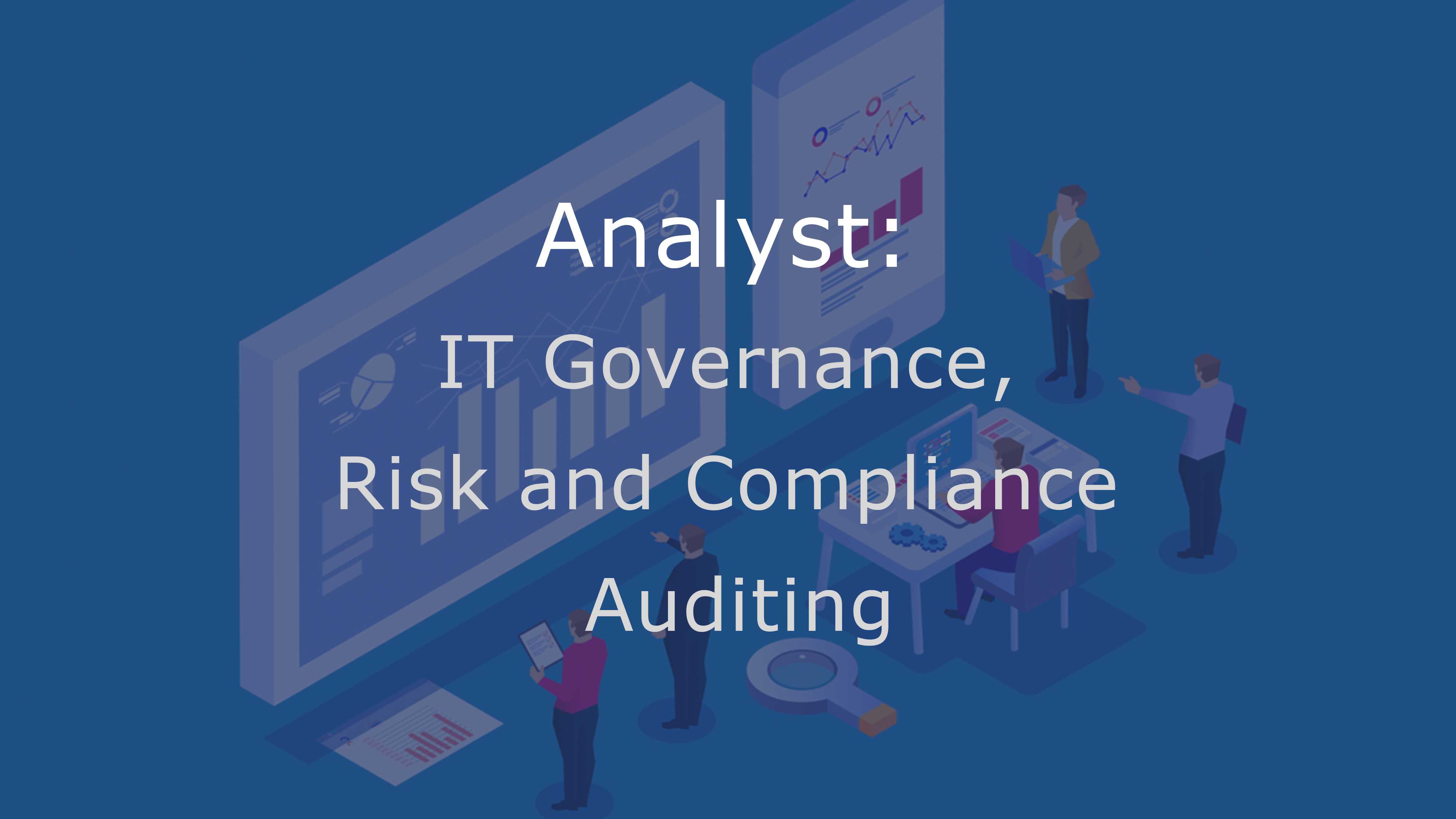
This course provides a detailed overview of GDPR requirements and individual data protection rights. Learners develop an understanding of compliance obligations, organizational policies, and the technical and administrative measures necessary to safeguard personal data within the EU regulatory environment.
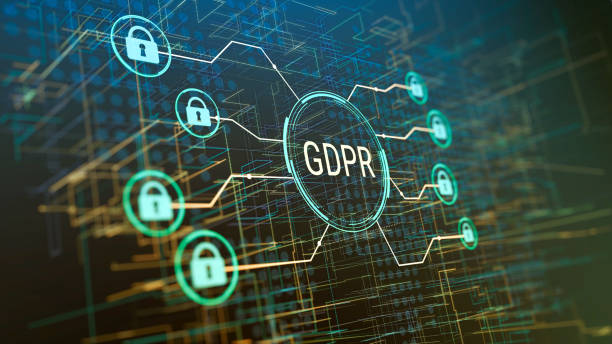
This course prepares learners for the globally recognized CISA certification. It covers essential knowledge areas in IS/IT auditing, control, and security, enabling participants to demonstrate industry-standard expertise and enhance their professional qualifications.
